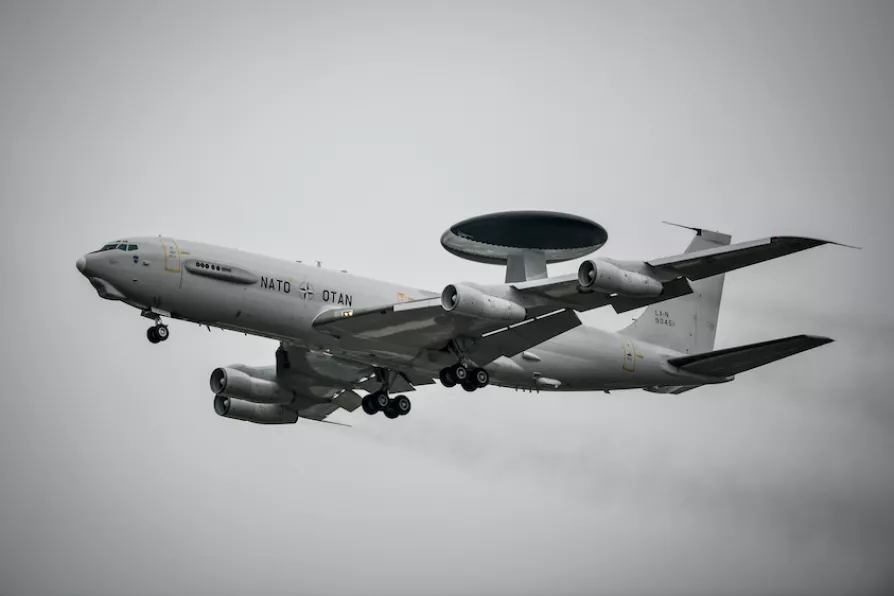As tens of thousands return to the streets for the first national Palestine march of 2026, this movement refuses to be sidelined or silenced, says PETER LEARY


NATO is not a force for peace or stability as some claim. It has been central to the US imperial project ever since it was set up in close collaboration with the British Labour government in the spring of 1949.
Donald Trump likes to pose as a disrupter, a leader who doesn’t do alliances. But when he comes to the London Nato summit next week he is going to be demanding more money for Nato and a wider remit so that Nato can pursue more wars and interventions out of its traditional area of operations. Boris Johnson will be his most loyal supporter.
From the start Nato played a number of useful roles for the US. It was designed to limit Russian influence in Europe but it also helped to ensure US dominance of Europe.

In Washington, the willingness to accept an open war with Russia is growing — at Europe’s expense. While Nato states are being drawn into confrontation, Europe risks becoming the battlefield of a potential world war, warns SEVIM DAGDELEN

As US hegemony crumbles and Trump becomes ever more unpredictable, European powers cling to the pact’s militarist agenda in a bid to disguise their own increasing irrelevance, writes CHRIS NINEHAM

In the first half of a two-part article, PETER MERTENS looks at how Nato’s €800 billion ‘Readiness 2030’ plan serves Washington’s pivot to the Pacific, forcing Europeans to dismantle social security and slash pensions to fund it











